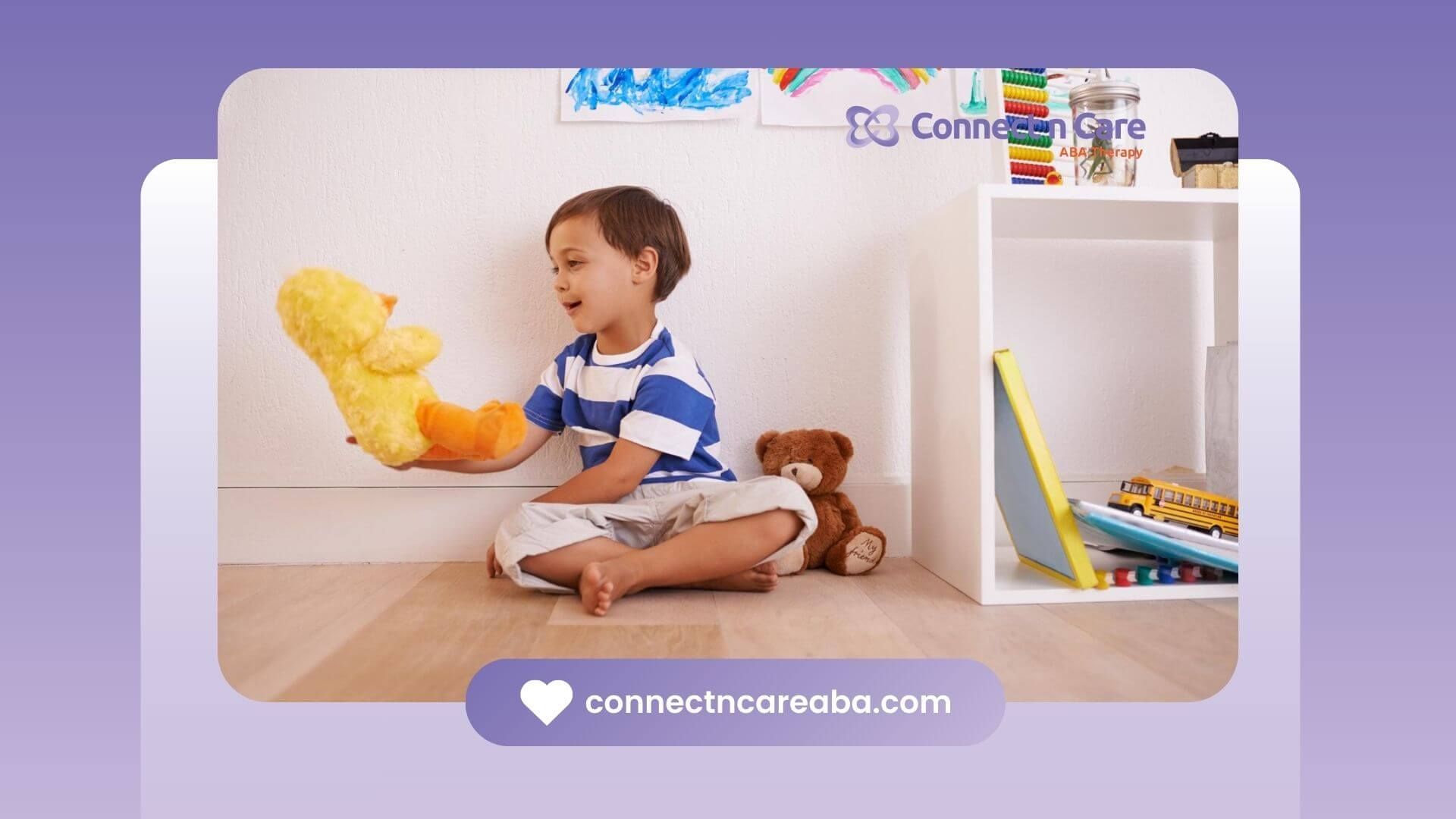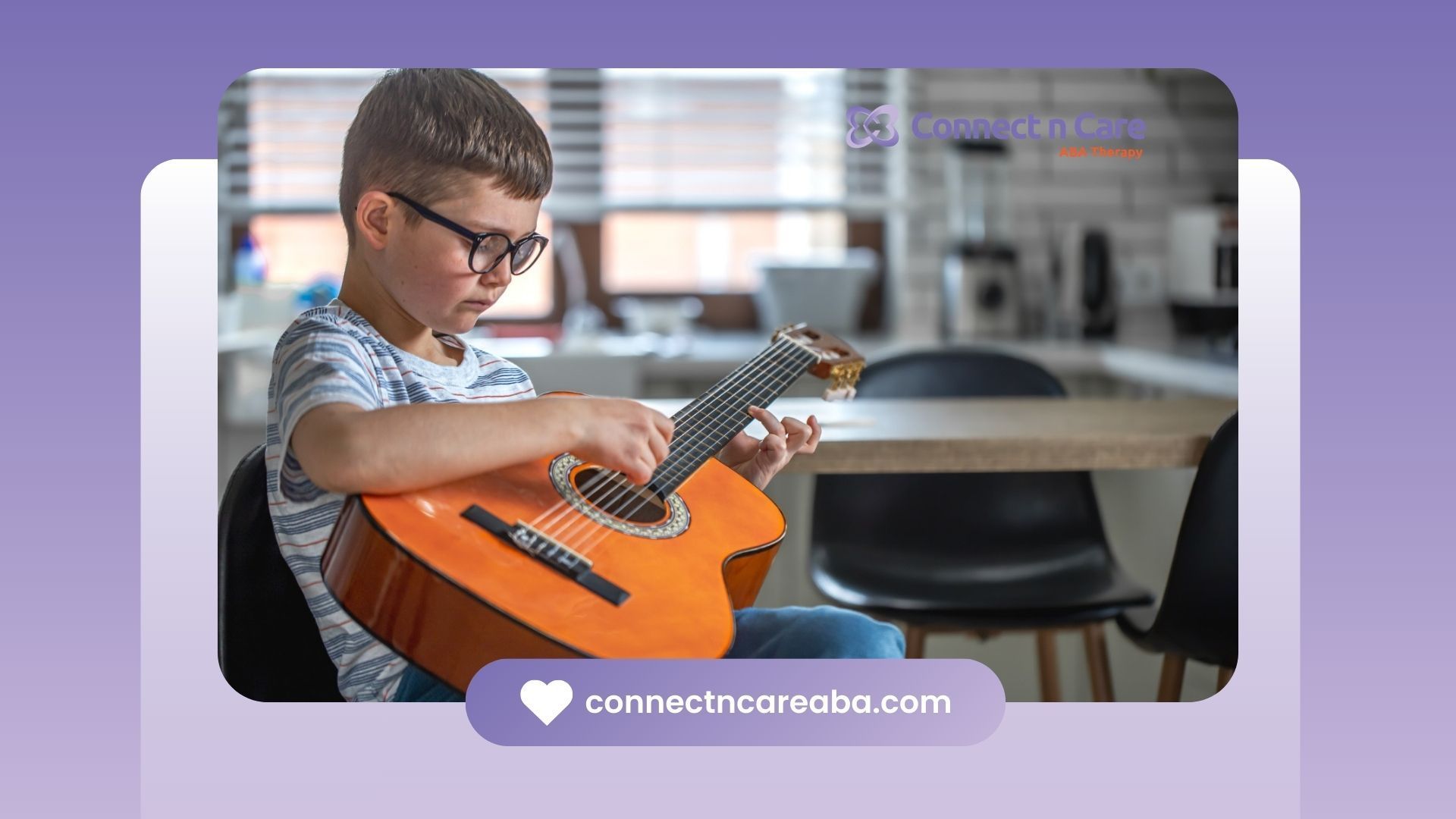Keeping autistic kids engaged doesn’t have to be complicated. The key is finding activities that match their interests and sensory needs.
According to the Autism Society, structured play and predictable routines can reduce anxiety and improve focus for children on the spectrum. That means mixing fun with familiarity works best.
1. Sensory-Friendly Activities
Set up a DIY sensory bin with rice, beans, or water beads. This encourages exploration while supporting fine motor skills. According to Autism Speaks, sensory play can help improve self-regulation and reduce autism meltdowns.
2. Interest-Based Projects
If your child loves trains, dinosaurs, or art, build activities around that theme. For example, a dinosaur fan could enjoy “dig site” pretend play using sandbox toys. Matching activities to interests boosts motivation and attention.
3. Movement Breaks
Physical activity is vital for autistic kids. Short dance sessions, trampoline time, or nature walks provide energy release and improve mood. CDC data shows that regular physical activity supports better sleep and emotional well-being in autistic children.
4. Quiet Creative Time
Art, music, or building blocks can be calming for kids who need a slower pace. Keep materials accessible so they can start a project independently.
5. Visual Schedules
Using visual cards to outline the day helps reduce uncertainty. Temple Grandin once said, “I think in pictures.” Many autistic kids do too—visual cues can make transitions smoother.
At Connect n Care ABA, we provide personalized ABA therapy across North Carolina and Virginia.
Our services include in-home ABA therapy for comfort and familiarity, school-based ABA programs to strengthen academic and social skills, and clinic-based sessions in a structured, engaging environment.
Each program is tailored to your child’s unique needs, with the goal of helping them thrive in every setting. Contact us today to learn how we can support their growth.
FAQs
1. What are some quick activities for autistic kids?
Sensory bins, puzzles, and movement games are great short bursts of engagement.
2. How do I know if my child likes an activity?
Watch for signs like smiles, longer focus, and willingness to repeat the activity.
3. Can too much screen time affect autistic kids?
Yes. Balance is key—mix digital learning with hands-on play and outdoor time.









